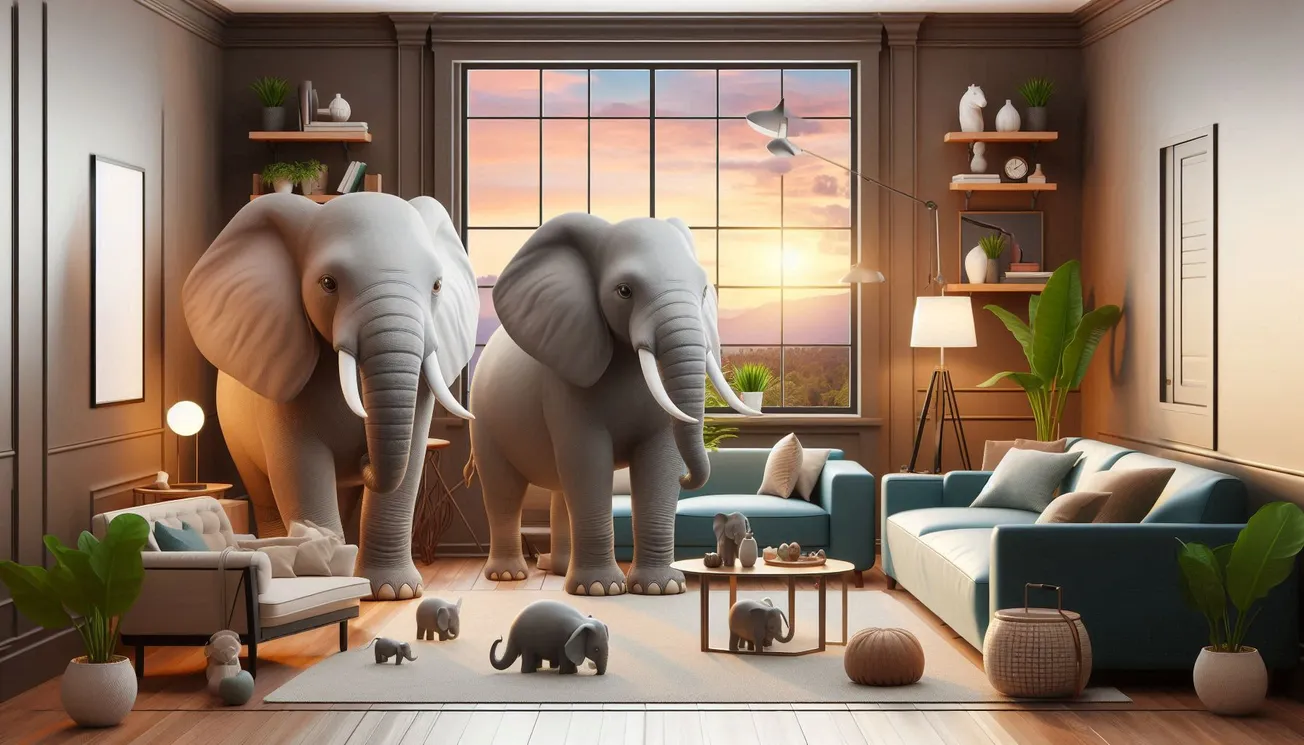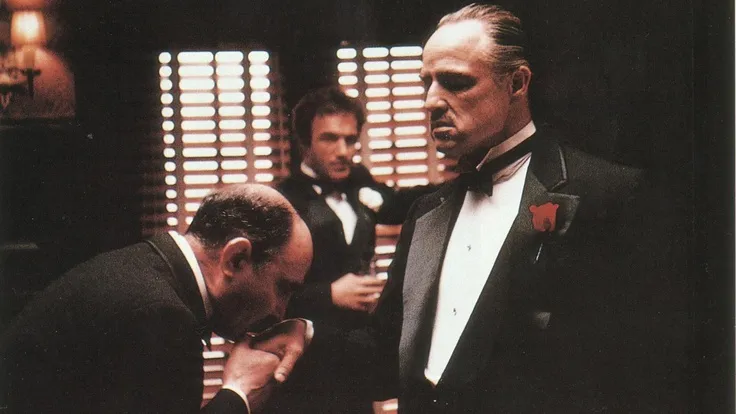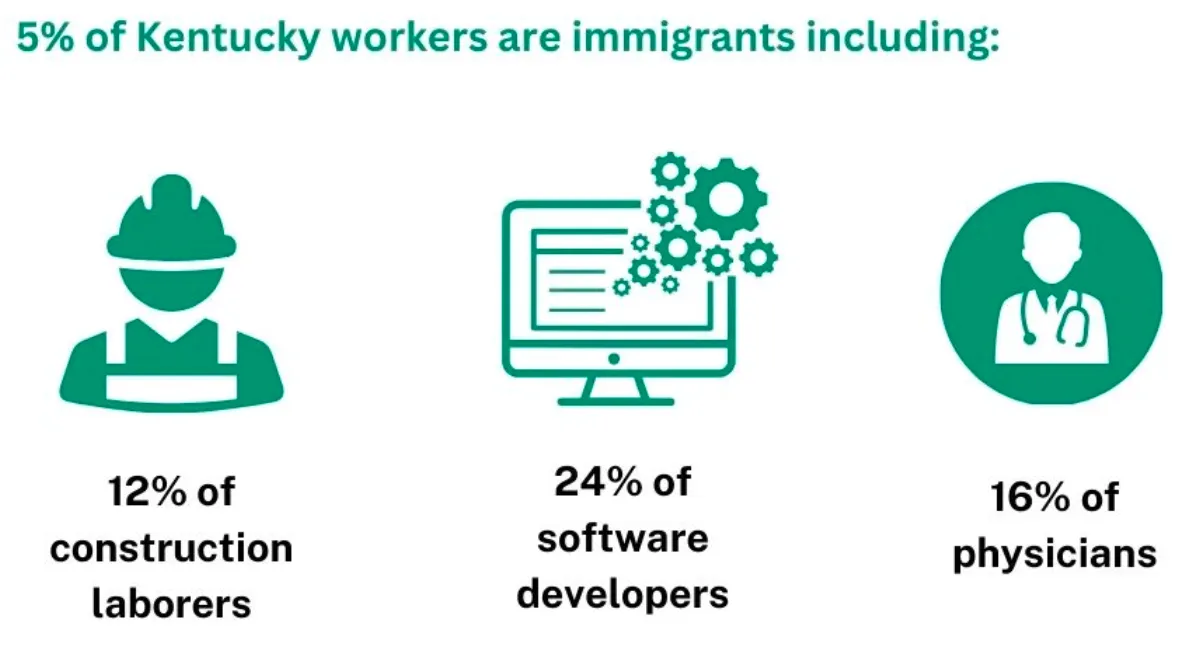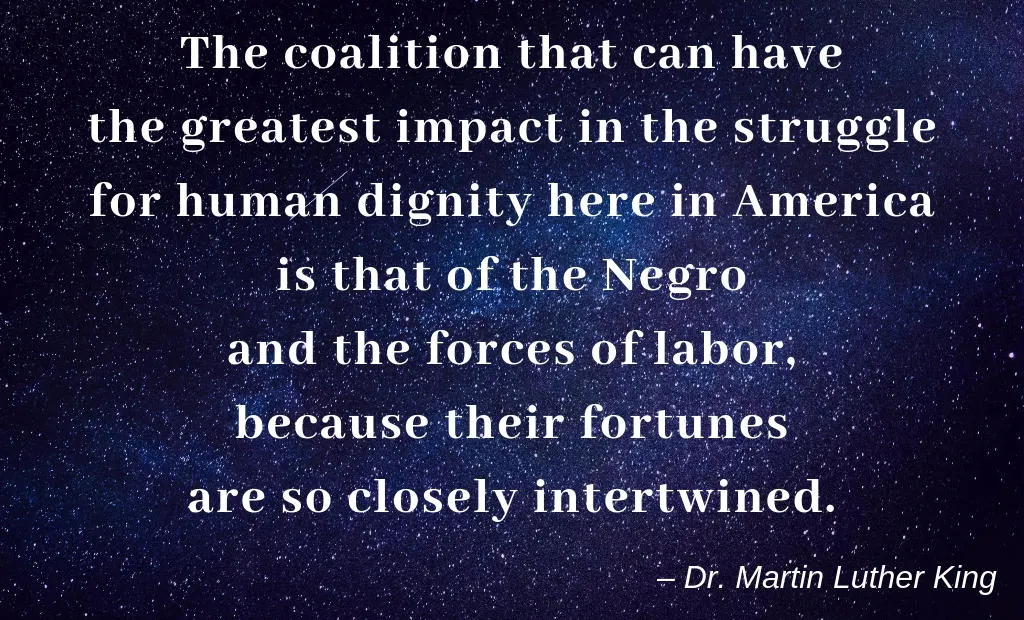Table of Contents
The candidate
Donald Trump is the only ex-president who is a convicted felon, and he faces additional criminal charges.
He is the only twice-impeached president. He is the only president to attempt a coup to keep himself in office by inciting a violent mob to attack the Capitol and overturn an electoral vote count.
Trump made 30,573 false or misleading statements in the four years he was in office, according to The Washington Post, evidently a presidential record. He continues to lie serially.
His rally speeches, media interviews and social media posts have become wildly unhinged and incoherent. He calls his weird babbling “weaving.”
In a February survey, 154 scholars who specialize in the presidency rated Trump the worst-ever president, by far.
Trump the pathological prevaricator is twice-divorced and thrice married. He’s been a dabbler in philandery. He’s a bully, a braggart, a narcissist, a blasphemer, and an elitist who reputedly called his admirers “basement dwellers.”
He leans toward authoritarianism and admires foreign dictators and strongmen, notably Russia’s Vladimir Putin. In Trump’s youth, he was a playboy and a draft evader who said avoiding STDs while womanizing was his “personal Vietnam.” He explained, “You know, if you’re young, and in this era, and have any guilt about not having gone to Vietnam, we have our own Vietnam: it’s called the dating game. Dating is like being in Vietnam. You’re the equivalent of a soldier going over to Vietnam.”
When the late Sen. John McCain was a Navy pilot, he was shot down over North Vietnam, imprisoned, and brutally tortured. “He’s not a war hero.” Trump said of McCain. “He’s a war hero because he was captured. I like people that weren’t captured.”
VoteVets is out with a new ad that “lists some of the most infamous comments Trump is said to have made about veterans, including the 2020 allegation by retired major general Paul Eaton that Trump dismissed dead soldiers as ‘suckers’ and ‘losers’ behind closed doors,” wrote Newsweek’s Flynn Nicholls. “Although Trump has repeatedly denied the allegation, his ex-Chief of Staff John Kelly said in 2023 that it did happen.”
“Donald Trump has shown the nation, once again, that he has no shame,” The Washington Post’s Eugene Robinson, an Air Force veteran, wrote of Trump’s widely criticized photo-op at Arlington National Cemetery. “You knew that, of course. But hauling a camera crew to Arlington National Cemetery and exploiting the fresh graves of heroes — using them as props in his presidential campaign — was more than a violation of the cemetery’s rules; it was more, even, than a violation of federal law. It was a deeply dishonorable act by a shockingly dishonorable man.”
The first elephant
You’d think that given the tawdry record of this “shockingly dishonorably man” (in so many ways), he would be heading for a landslide defeat this fall. He’s slipping in the polls against Vice President Kamala Harris, his Democratic opponent. But the race is still close enough that he could win.
Theories abound about Trump’s popularity: He’s anti-establishment, a poke in the eye of “PC.” He’s telegenic. “At least you know where he stands,” said an undecided voter in one of those made-for-TV focus groups. Germans knew where Hitler and the Nazis stood, too.
But many, if not most, pundits and TV talking heads seemingly still fail to see, or refuse to see for whatever reason, the “elephant in the living room,” says Murray State University historian Brian Clardy.
“Racism.”
Added Clardy, “Donald Trump appeals to the worst undercurrent of American politics.”
Of course, Trump and the MAGA faithful — nearly all of them white folks — angrily cry “foul” at the racist accusations. They remind me of “A hit dog howls,” an old Kentucky expression, which means the same thing as Hamlet’s immortal musing, “The lady (or gent) doth protest too much.”
Trump “regularly denies“ the racist charges and resorts to the “his ‘Black friends’ defense, while attempting to throw the allegations back at liberals,” Charles Lusane wrote in TomDispatch.com. “However, he never explains why he is the favorite son of the one group in society about whose racial bigotry there can be no debate: avowed racists.”
Trump, who protested in his last debate with Joe Biden in 2020 that he was “the least racist person in this room,” loves to point to his Black supporters like former Kentucky Attorney Gen. Daniel Cameron. Cameron lost his bid to unseat Democratic Gov. Andy Beshear last year, but stumped for Trump this year at Fancy Farm, Kentucky’s premier political picnic.
After Trump was elected eight years ago, many in the Fourth Estate didn’t make much of racism as a factor in his election. The media consensus seemed to be that most whites, notably less well-heeled working class whites, went for Trump not because they were bigots but because they feared for their livelihoods and believed he would save or bring back their jobs. Trump, the narrative went, listened to them and gave them hope. (However, most whites who voted for Trump were better-heeled, not working stiffs who were unemployed or working at low-paying jobs.)
There were some naysayers to the narrative. “Simply put, Trump is one of the last gasps of American white supremacy and patriarchy,” wrote New York Times columnist Charles Blow a half dozen years ago. “He is one of its Great White Hopes.”
Blow cited “Status threat, not economic hardship, explains the 2016 presidential vote,” a study published in The Proceedings of the National Academy of Sciences. “The study is not the first to cast doubt on the prevailing economic anxiety theory,” wrote The Times’s Niraj Chokshi, also in 2018. “Last year, a Public Religion Research Institute survey of more than 3,000 people also found that Mr. Trump’s appeal could better be explained by a fear of cultural displacement.” In other words, America was getting less white.
Writing in Verdict online last September, Neil H. Buchanan argued that “in the end, a ruthless demagogue can indeed inspire a certain kind of ugly hope in people, but that does not make the people who fall for his act blameless.”
According to Buchanan, “American minorities are forever being told not to play the victim, even though the political and economic systems have very much victimized them throughout our history. Only Trump supporters are offered a soothing hand that says, ‘I know you’re hurting, and anyone who tells you that punching down on other people who are hurting makes you hateful and bigoted is just being a big meanie. If you want to destroy democracy in service to a would-be dictator, you go ahead, if that’s what you need to soothe your pain. You’re entitled to your feelings.’”
Clardy is a Democratic activist as well as an academic. But as Trump hits the campaign trail again, numerous journalists and other historians have rendered the same verdict as Clardy’s. “Donald Trump has found tremendous success from the very first moment he stepped onto the presidential stage by stoking racial animus,” wrote the AP’s Steve Peoples and Matt Brown in a story updated last month.
Clardy said Trump has run the most racist presidential campaigns since George Wallace’s in 1968.
Wallace, who had been Alabama’s segregationist governor, topped the American Independent Party ticket and carried Alabama and four other ex-Confederate states. While Republican Richard Nixon won Kentucky, and the election, over Democrat Hubert Humphrey, Wallace took five Bluegrass State counties: Bullitt, Christian, Fulton, Hickman, and Todd.
“Today Americans remember Wallace as a villain of the civil rights era – the governor who stood in a doorway at the University of Alabama in 1963 to block the arrival of Black students and coined the battle cry of White Southern backlash: ‘Segregation now, segregation tomorrow, and segregation forever,’” wrote Peter Jamison in The Washington Post. (I suspect more than a few white Southern senior citizens consider Wallace virtuous, not villainous. He’s still their champion of “Southern heritage,” meaning white supremacy.)
Jamison quoted historian Dan T. Carter whose views on Wallace are similar to Clardy’s. Carter, according to Jamison, called Wallace the 20th century’s “most influential loser.” Carter said Wallace’s “enduring relevance ... lies in his discovery of the ‘underground stream’ of modern American politics. Wallace tapped a current of grievance and barely muffled racism that would later propel the rise of another combative populist: Donald Trump.”
The second elephant
Clardy said Trump’s sexism parallels his racism. “Kamala Harris is African American. She is a woman who espouses policies that the reconstructed Dixiecrats hate.”
The Trump-Vance venom toward Harris is repackaged long-standing bigotry, according to Bloomberg’s Nia-Malika Henderson. “Voters have heard it all before,” she wrote, “Specifically in 2008 (Barack Obama) and 2016 (Hillary Clinton).”
Henderson added, “MAGA Republicans mispronounce Harris’ first name on purpose. Been there, done that with Obama’s middle name, Hussein. Trump calls her a ‘nasty woman’ just like he did with Clinton. (It’s women — strong and powerful ones — who are always the “nasty ones” in his eyes). He and his supporters also seem obsessed with her prior dating life. And they label her an unqualified DEI (diversity, equality and inclusion) candidate who plays the race card. (She has more experience in public office than Trump and his running mate Senator JD Vance combined).”
Jennifer Benderly similarly wrote in HuffPost: “As Vice President Kamala Harris is fast rising in the polls, now leading or tied with Trump in all seven swing states, Trump is resorting to vile sexually-themed attacks against her.”
Benderly quoted Jessica Mackler, president of EMILY’S List: “This is the Donald Trump playbook, in particular, when he’s on the defensive and feels he is not driving the conversation. He uses these really gross, really sexist, often racist and sexual-in-nature attacks. It does two things: It panders to his base and gets them riled up, and two, it seeks to create chaos around him and he can move into whatever space that is. So the more that we see this movement by the Harris campaign, the more we see this enthusiasm, the more he is pushed to these all-time new lows.”
Mackler’s remarks echoed those of Former First Lady Michelle Obama In her speech at the Democratic National Convention: “For years, Donald Trump did everything in his power to try to make people fear us. See, his limited, narrow view of the world made him feel threatened by the existence of two hard-working, highly educated, successful people who happen to be Black. ... It’s his same old con. ... Doubling down on ugly, misogynistic, racist lies as a substitute for real ideas and solutions that will actually make people’s lives better.”
Clardy said many people of good will thought the election of Barack Obama, the first Black president, signaled an historic shift to a post-racial America. He wasn’t among them.
“I never believed it,” said Clardy. “In that period between the election and the inauguration, I saw in people’s faces the expressions of anger and resentment that went far beyond the loss of an election.”
Clardy went to Washington and joined the inaugural crowd on Jan. 20, 2009. “Everything was upbeat – there was a sense of electricity. But I turned to my friend and said, ‘While we are here celebrating, back home and across the country, people are seething. They are spitting nails. There are people out there who can’t stand the fact that this watershed moment in American history happened.’”
Clardy predicted that a Harris election will spark the same angry white backlash. “She’s Black and a woman.”
--30--








